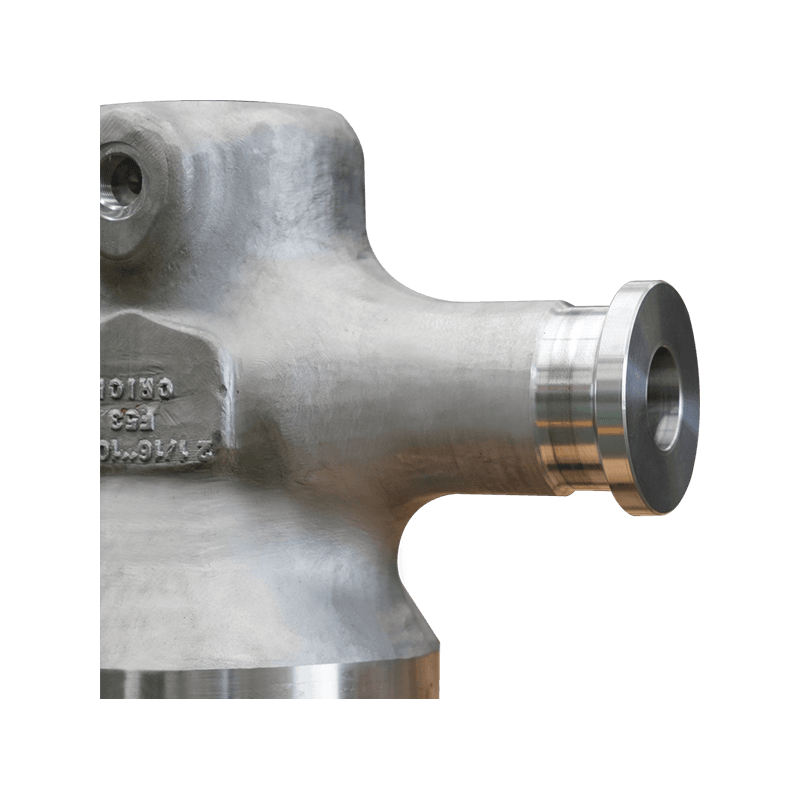Forged valve parts are crucial components in industrial systems that involve fluid flow control. These parts are manufactured through a process called forging, which involves shaping metal using compressive forces. This technique enhances the strength, durability, and performance of the valve parts, making them ideal for various industrial applications, particularly in high-pressure and high-temperature environments.
Forged valve parts refer to the key components of a valve that have been forged from metal to achieve superior strength and integrity. The forging process entails heating metal to a malleable state and then hammering, pressing, or rolling it to achieve the desired shape. This method refines the grain structure of the material, resulting in improved mechanical properties such as strength, toughness, and resistance to wear and corrosion.
The primary types of forged valve parts include:
Valve bodies: The main housing of the valve that holds internal components and connects to the pipeline.
Valve bonnets: A cover placed on top of the valve body to protect and seal the internal parts.
Valve discs or plugs: These control the flow of fluid through the valve by opening, closing, or partially obstructing the flow.
Valve seats: The seating surface where the valve disc rests to create a seal and prevent leaks.
Benefits of Forging for Valve Parts
One of the main advantages of forging valve parts is the enhanced strength-to-weight ratio. Forging eliminates internal voids and defects that may arise from other manufacturing methods, such as casting. As a result, forged valve parts are less prone to failure, even under extreme stress or in corrosive environments.

Key benefits of forged valve parts include:
Strength: The grain structure of the metal is refined during forging, leading to a denser, more uniform product that can withstand high pressures and temperatures.
Durability: Forged parts are resistant to wear, making them suitable for long-term operation in demanding industrial applications.
Corrosion resistance: Many forged valve parts are made from materials like stainless steel or alloy steel, which are highly resistant to corrosion and oxidation.
Precision: The forging process allows for tight tolerances and precise dimensional control, ensuring a perfect fit for critical components.
Common Applications
Forged valve parts are used in industries where reliability and performance are paramount. Some common applications include:
Oil and gas: Forged valves are critical in managing the flow of hydrocarbons in both upstream and downstream processes.
Power generation: High-pressure steam and water flow control require robust valves, making forged parts ideal for turbines, boilers, and condensers.
Chemical processing: Chemical plants use forged valves to handle aggressive substances, ensuring safety and efficiency.
Water treatment: Forged valves regulate water flow and pressure in municipal and industrial water treatment systems.

 English
English русский
русский
